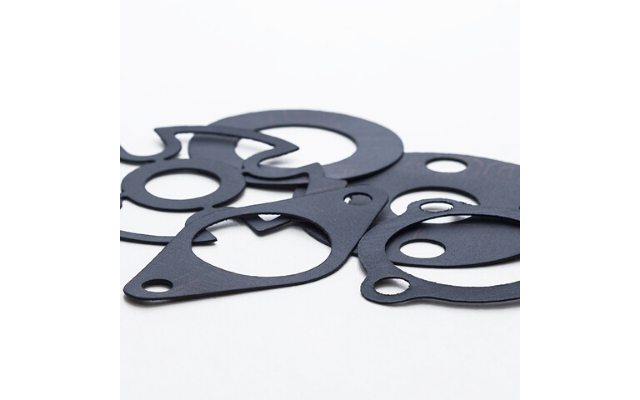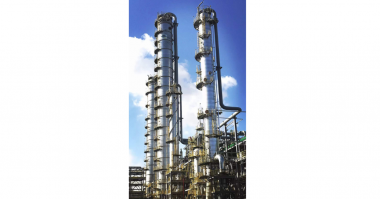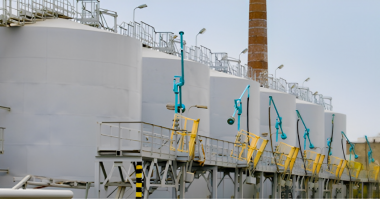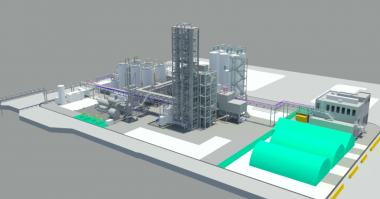End-User Description
Hydrogen fluoride is a critical yet highly corrosive compound used in a variety of chemical processing applications. It is widely used in metal manufacturing, glass etching and polishing, semiconductors, gasoline production, and many other industrial applications. Hydrogen fluoride can cause severe burns and irritation if processes are not properly managed.
The Challenge
Because of its harsh nature, hydrogen fluoride is a difficult chemical to seal. If leaked in any volume, manufacturers must immediately alert the Environmental Protection Agency (EPA) regarding an emergency response. Therefore, it’s critical that gaskets for hydrogen fluoride systems are constructed from materials capable of providing a leak-free seal and withstanding the chemical’s highly corrosive nature. The Hydrogen Fluoride Industry Practices Institute (HFIPI) publishes Materials of Construction Guidelines for both Anhydrous and Aqueous Hydrogen Fluoride, which includes gasket materials. The HFIPI guidelines list carbon-filled PTFE as a reliable solution for gaskets in these harsh applications. While virgin PTFE is also listed in the HFIPI guidelines, its white color makes it difficult to discern from mechanical PTFE. Carbon-filled PTFE, on the other hand, is black and easily identifiable. A carbon-filled PTFE is an efficient sealing material for aggressive chemical processing applications such as hydrogen fluoride. A limited number of manufacturers produce this material — and those who do typically only make it only four times per year.
The Solution
Durlon® 9400, a carbon-filled PTFE gasket material is compatible for service in hydrogen fluoride applications.
In chemical environments, where airtight scalability is required, a compressible gasket with good recovery will create a tighter seal. All bolted joints relax over time, and some sealing technologies, such a s Virgin PTFE are unable to recover their mass once compress. Durlon® 9400 however, recovers its mass and experiences minimal creep, if installed correctly.
The Benefits
- Highly aggressive chemical resistance
• Superior seal-ability
• Flexibility
• Electrical conductivity
• Non-sticking and cutting properties





Comments